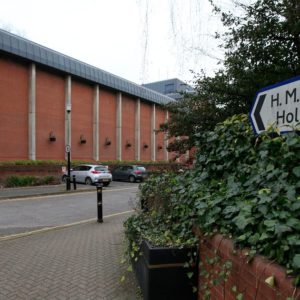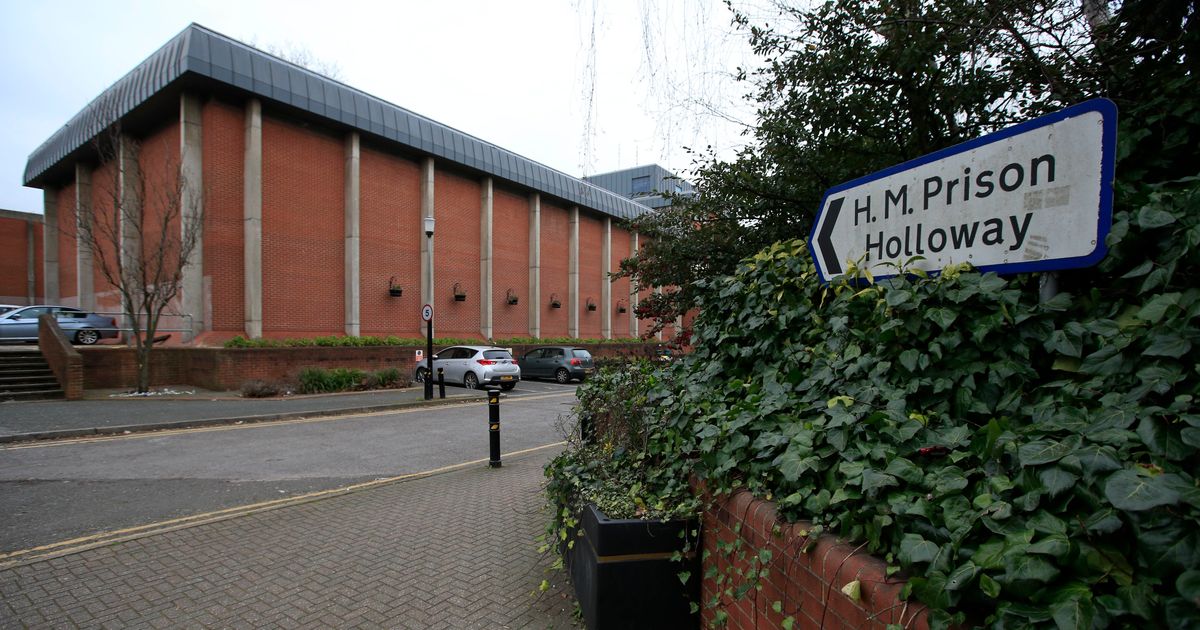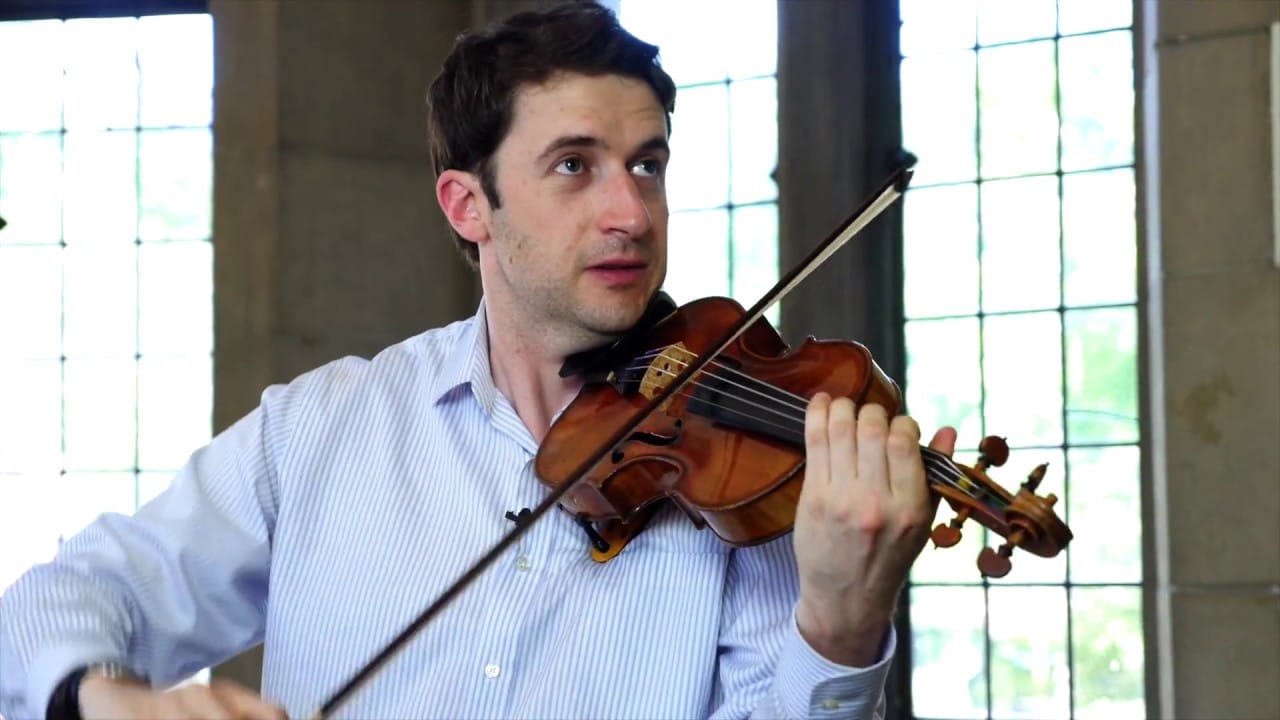Decolonising London university penalises too-classical music department
mainThe respcted music department at Royal Holloway University has been informed by email of a 25 percent budget cut.
Among other losses, this may mean the dismissal of a couple of senior, internationally renowned professors. Insiders tell us that the college’s decolonising administration want to punish the music department for providing serious focus on western classical music.
This is a trend across British universities and it is gathering steam.
Here is what the union rep is putting out:
The Department of Music at Royal Holloway, University of London is one of the most respected music departments in the UK: ranked 3rd in the UK for the quality of our publications in the 2014 Research Excellence Framework; hosting the only Regius Professorship in Music, awarded by HM the Queen in 2014 in recognition of our department’s distinction in research and teaching; and ranked 6th in the UK for Music in the 2022 Complete University Guide. Recognition for our current research is shown by grants awarded from UK research councils totalling almost £1.4 million since September 2020.
However, as part of a College-wide initiative in ‘Academic Realignment’, we have been informed of proposals to severely cut our staffing and research provisions. We believe these proposals to be based on seriously flawed estimates, conducted at an internal College level, rather than seeking expert knowledge from across the sector. The proposed ‘realignment’ stems from a forecasted loss of college overall income across the next ten years, despite no evidence offered for this (and a healthy financial situation at present). The Music Department is targeted for two reasons: 1) that our staff-student ratio is claimed to be low compared to sector averages, and 2) that our Music curriculum should be more ‘integrated’ and ‘broader’. From this position, management has put forward proposals amounting to losing 2.5 fte positions, most likely at a professorial level, as well as removing research from a 0.5 fte composition post, and a further loss of 1.0 fte in instrumental and vocal teaching. This amounts to a loss of almost 25% of our staff.
We contest these proposals in the strongest possible terms: management have neither disclosed their methodology for calculating staff-student ratios nor provided any evidence that our department is generating any loss for the institution. We have a headcount of 287 students, and our recruitment has been strong in recent years; around 20% of our undergraduate students are joint-honours, fostering a vibrant atmosphere of interdisciplinarity. We are addressing concerns about inclusivity through an innovative entry route for students who have not taken A-level Music; this has increased our intake of students from non-traditional backgrounds to constitute c. 33% of our intake this year. Our application numbers are also rising, with an 8% increase in undergraduate applications in the current academic year. We have one of the best records for graduate outcomes of any department: 95% of our graduates were in highly skilled employment or further studies within 15 months of graduation, according to official UK government statistics (DiscoverUni).
Our curriculum could hardly be broader, considering our multiple strengths in Ethnomusicology, Musicology, Sound Studies, Music and Media, Theory & Analysis, Composition, and Performance, including a long list of honours courses options. In our student recruitment, we have long found our broad curriculum to be one of our greatest strengths. Looking forward, from September 2021 the department is launching a new pathway in Music and Sound Design for Film, TV and Interactive Media, innovative modules on Musical Theatre and on Digital Tools in Music, and also a collaborative module with Dance. These innovations are already contributing to rising student recruitment. We are at the forefront of efforts to decolonise our discipline, and our modules on Music, Environment and Ecology show our established work addressing the climate emergency.
The proposed cuts threaten to significantly hinder our ability to maintain a vibrant environment for teaching, research and college music-making. They also completely ignore our substantial income from research and our contribution to the intellectual, cultural and musical life of Royal Holloway and the local community.







Comments